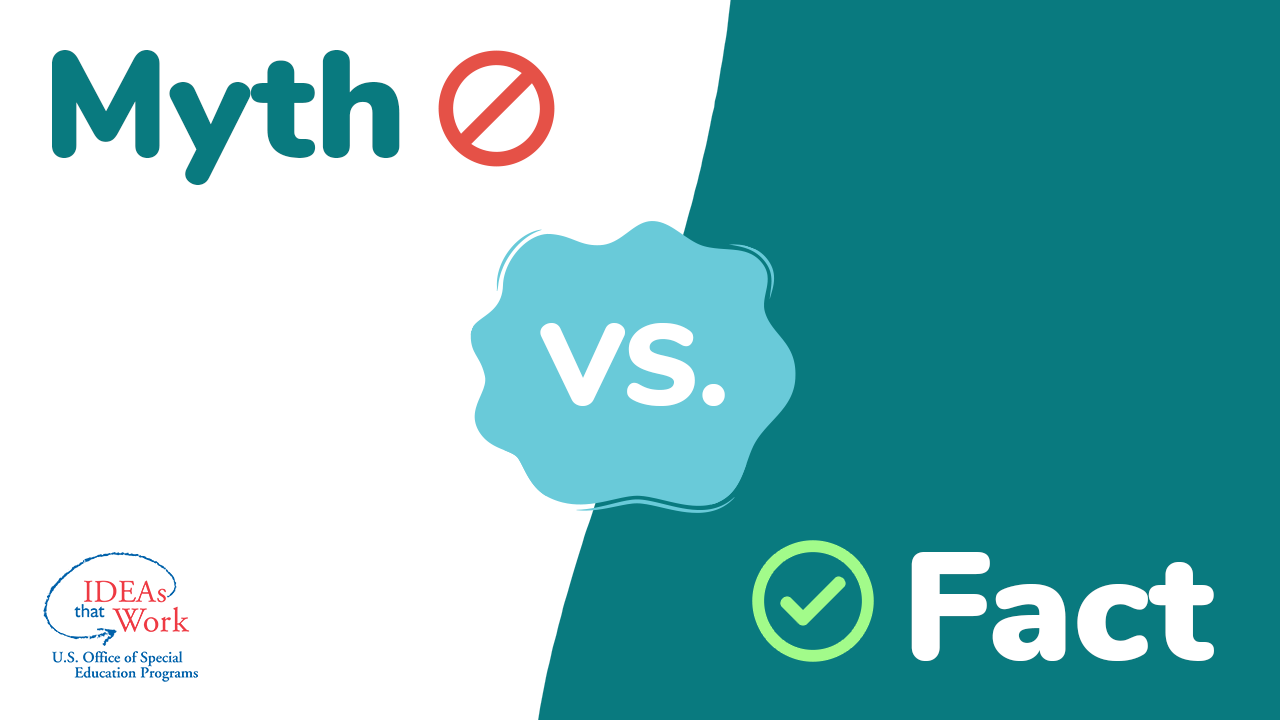Supporting executive functioning skills for students with ADHD in the classroom
Teachers often notice severely delayed or underdeveloped functioning skills in students diagnosed with Attention Deficit Hyperactivity Disorder (ADHD). These students almost always present with what is referred to as “executive dysfunction” (i.e., weaknesses in the cognitive processes that organize thoughts and activities, prioritize tasks, manage time efficiently and make decisions). The six areas of executive […]
School connections and relationships
In her TED Talk Every kid needs a champion, Rita Pierson asserted, “Kids don’t learn from people they don’t like.” The importance of relationships and school connectedness is supported by research that shows belonging is an important protective factor. School connectedness can reduce risky behaviors, increase positive health behaviors, elevate grades and test scores, improve […]
Administration and transition
Administrators play a vital role in fostering and sustaining excellence in transition IEPs and it has become essential that they provide guidance, support, and coaching to maintain compliance. The Council of Administrators of Special Education Essential (CASE) provides a guide to help administrators support transition within the Individualized Education Program (IEP) process. By creating an […]
Science of Reading transformed to evidence-based practices
The science of reading is a vast, interdisciplinary body of scientifically based research about reading and issues related to reading and writing. This research has been conducted over the last five decades and is derived from thousands of studies conducted in multiple languages. The science of reading has culminated in a preponderance of evidence to […]
The future of AI in special education
The concept of artificial intelligence (AI) is not new; but as AI usage and accessibility increase, the implications of AI, particularly in education, are hard to ignore. Educators continue to explore the proper use of AI and the overall pros and cons of its integration into the classroom. Investigating the possible ways to leverage AI […]
Myths and facts about assistive technology: New guidance
Assistive technology (AT) offers a multitude of benefits across all age groups by fostering independence, supporting inclusion, facilitating friendships, and leading to improved overall quality of life. For young children, it facilitates opportunities for play, learning, friendships, and development by providing tailored educational tools, enhancing communication skills through augmentative and alternative communication, and enabling access […]
Rethink task initiation challenges with tweens and teens
Why do some people wash the dishes right away, but others never get around to it? Why are some students glued to their cell phone screens and require multiple prompts to begin classwork? The answer is partly due to biological traits and partly due to learning experiences (Dawson & Guare, 2012, 2018). Since procrastination (the […]
Learning to read: The right practice is important
Anyone who has successfully mastered a sport, a musical instrument, a culinary art, or public speaking understands the stages, time, and effort it took to get there. Even individuals with a propensity for sports, music, cooking, or speaking will admit that it took immense practice to achieve their goals. In the same way, learning to […]
PrinciPALS: How to support teacher well-being
Much is being said about mental wellness in school settings, especially since the pandemic, and it is not simply about our students. Teacher stress and burnout levels remain high. Retention rates are plummeting as job pressures continue to grow (Will, 2023). According to a recent study, teachers are twice as likely to report high difficulty […]
Motivating students to read:
What can teachers do to turn reading from a chore into an adventure? We live in a world of distractions for young and older students. Their lives are busy with endless schedules of activities, sports, technologies, family dynamics, etc. For some young people, it’s difficult to motivate them to enter the school doors consistently. Students […]









